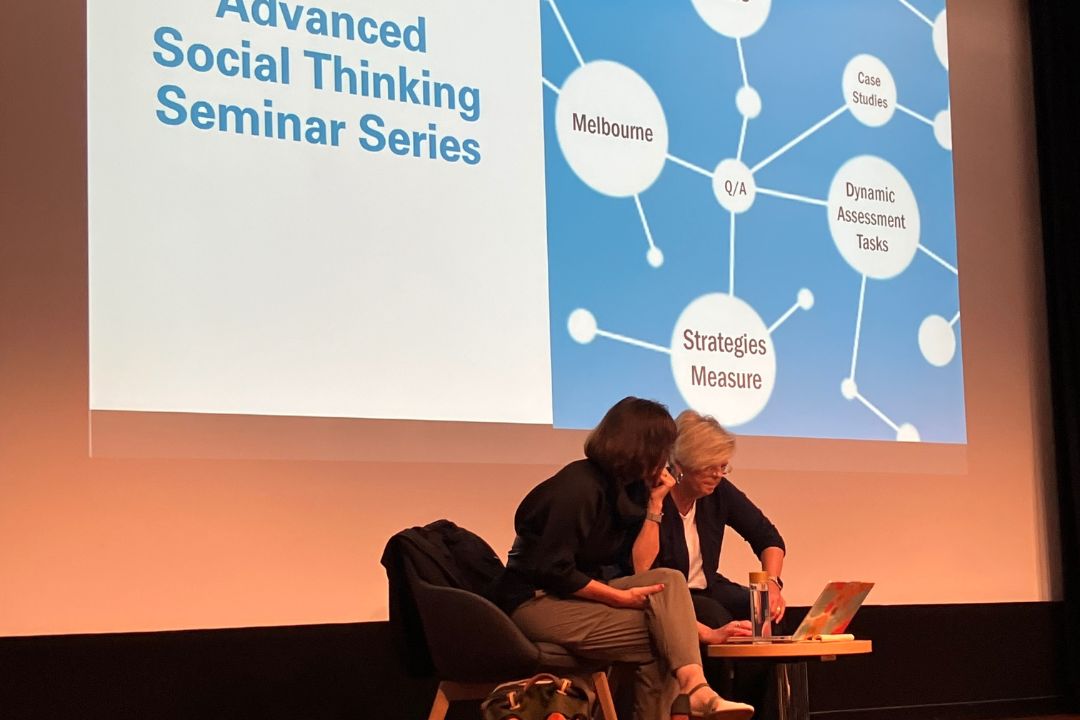At The Therapy Network, we believe that a Functional Capacity Assessment (FCA) should do more than tick a box. It should capture the person behind the paperwork—their goals, challenges, and daily life—and turn that into a clear, evidence-based picture of the support they need to thrive.
Our FCA reports have earned a strong reputation with families, support coordinators, and NDIS planners alike. Here’s what makes our assessments stand out:
We Focus on the Whole Person, Not Just the Diagnosis
Our approach begins with a deep understanding of the individual’s everyday life—at home, in the community or school settings. We don’t just document difficulties. We explore:
- Strengths and preferences
- Daily routines and roles
- Supports already in place
- Environmental factors and barriers
- Personal goals for growth, independence, and participation
This holistic view helps ensure the report tells a meaningful and respectful story.
We Use a Range of Comprehensive Assessment Tools
We use validated, standardised tools to assess a person’s functional capacity across the key NDIS domains. These include:
Functional Independence Measures
Cognitive and Executive Function Measures
Social and Emotional Functioning Measures
Communication and Participation Measures
Using a combination of tools—alongside real-life observations and interviews—ensures that the FCA is both evidence-based and person-centred.
We Write with Purpose and Precision
NDIS reports can be long—but length alone doesn’t guarantee quality. Our reports are:
- Clear: Avoiding jargon and repetition
- Structured: Aligned with NDIS expectations for planning and funding
- Relevant: Focusing on functional impact and realistic support needs
- Justified: Each recommendation is clearly linked to functional findings
We also make it easy for support coordinators and planners to locate key information with clear headings, summaries, and cross-referencing.
Our Recommendations are Practical, Actionable and Justified
Our FCAs go beyond identifying problems. We provide concrete, goal-focused recommendations that align with the person’s goals and everyday life. This might include:
- Ongoing therapy (e.g. OT, speech, physiotherapy, psychology)
- Assistive technology and home modifications
- Support worker hours for daily living, skill development, or access to the community
- Support for transitions (e.g. starting school, high school, or work readiness)
- Parent or carer training
- Transport, mealtime, or personal care supports
Each recommendation is linked to the NDIS domains, relevant assessment findings, and the participant’s goals—making it easier to support funding decisions.
We Track Functional Change Over Time
For returning clients or those undergoing reassessment, we compare current and previous functional levels to:
- Show progress or regression
- Advocate for ongoing or increased supports
- Highlight where goals have been achieved or evolved
This approach strengthens the continuity of care and supports long-term outcomes.
Every Report is Tailored and Individualised
We never use a “template-first” approach. Each FCA is written for that person’s situation, whether it’s:
- A 10-year-old learning to manage sensory challenges at school
- A teenager preparing for independent travel
- A young adult transitioning out of school into supported employment
- A child with complex disability who requires high levels of care
We respect and reflect their voice, their goals, and their journey.
In Summary
A well-written Functional Capacity Assessment can open doors. At The Therapy Network, we’re proud to deliver FCAs that:
- Are comprehensive, evidence-based, and person-centred
- Use robust tools and real-life insight
- Advocate clearly for necessary supports
- Build trust with families and professionals
- Support better NDIS outcomes
If you or someone you support needs a high-quality FCA, our team is here to help.





